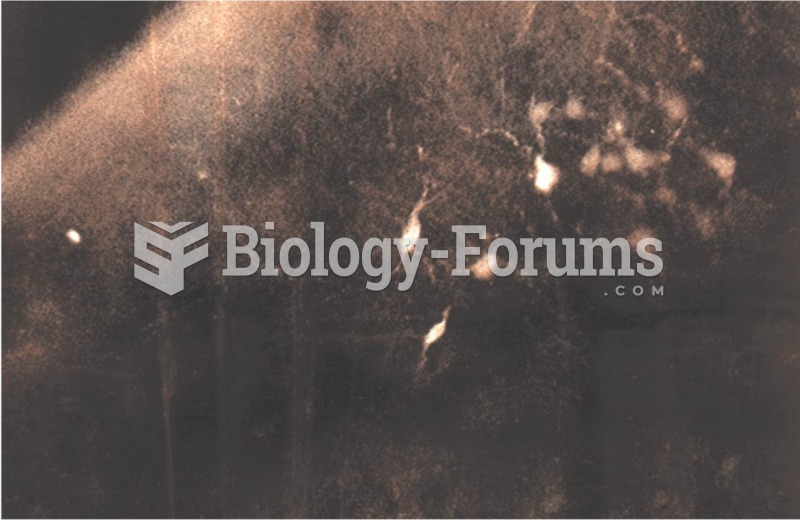Question 1
The Enlightenment was the ________.
A. the eighteenth-century movement that held that change and reform were both desirable through the application of reason and science
B. the twentieth-century movement that brought scientists and philosophers together to reconcile their differences on the state of the natural world
C. the eighteenth-century movement that attempted to interpret the events of scripture based on scientific observations of the natural world
D. the nineteenth-century movement that saw the growth of industry and the increase of manufacturing
E. the sixteenth-century movement in which people returned to the ideas of antiquity and was characterized by a flourishing of art and culture
Question 2
The new institutions of science established a crossroads for people from a variety of backgrounds including all the following EXCEPT ________.
A. sailors
B. craftspeople
C. workers from the countryside
D. noblemen
E. noble women
Question 3
How did scientists interact with universities during the scientific revolution?
A. Universities were often criticized by scientists.
B. Universities were praised by scientists.
C. Scientists were eager to be hired by universities.
D. Universities wanted to take the credit for the discoveries of scientists.
E. Scientists suspected the universities of undermining their work.
Question 4
The idea that humans were, by nature, creatures of reason and basic goodwill is an idea embraced by ________.
A. Locke, in opposition to the ideas of Descartes
B. Hobbes, in opposition to the ideas of John Locke
C. Locke, in opposition to the ideas of Francis Bacon
D. Bacon, in opposition to the ideas of John Locke
E. Locke, in opposition to the ideas of Thomas Hobbes
Question 5
In his Discourse on Method, Descartes argues that a greater understanding of medicine ________.
A. is far out of the realm of possibility for science to ever achieve
B. is better left in the hands of God
C. will come only after the empirical method of study is embraced by scientists
D. is the most important application for the discoveries of science
E. is a convenient byproduct of the improvements of other sciences







